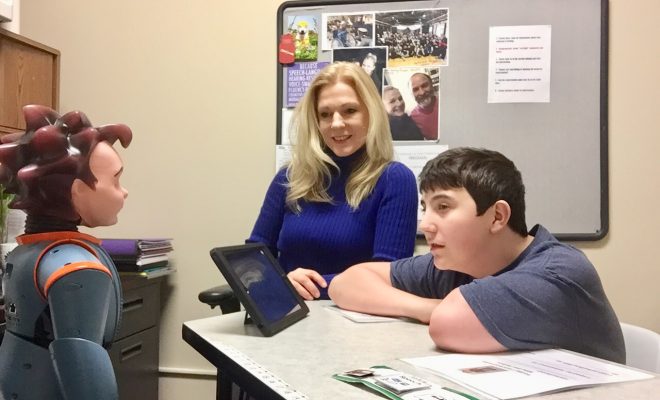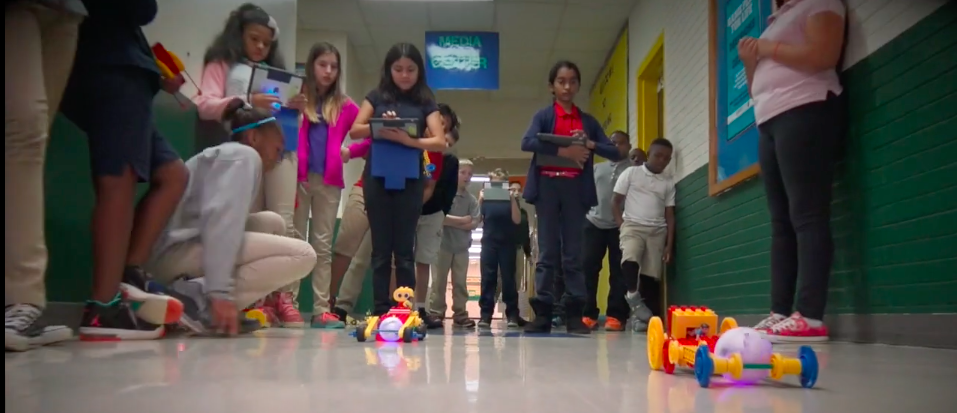How Is Autism Spectrum Disorder Diagnosed?

Autism Spectrum Disorder is a range of disorders characterized by significant communication and sensory issues, as well as social difficulties. The diagnostic process typically includes a developmental screening and a comprehensive diagnostic evaluation.
ASD can manifest both emotionally and physically. Students with ASD find conversations and social interactions very challenging. For example, children and adults with autism may demonstrate social withdrawal, difficulties making friends, and inappropriate behavior or conversation. Additionally, individuals with ASD like routine and order. When they encounter change, they can experience uneasiness and anxiety.
Lauren Elder, Ph.D., describes at what age clinicians can safely diagnose autism. “Behavioral signs can begin to emerge as early as 6 to 12 months. However, most professionals who specialize in diagnosing the disorder won’t attempt to make a definite diagnosis until 18 months. This is because autism symptoms can continue to emerge–or fade away–until around 24 months,” she says.
Screening for Autism
Diagnosing ASD presents unique challenges because the disorder shares many symptoms with other commonly diagnosed disorders, such as ADHD. Because of this, most clinicians will use screeners to conduct a pre-evaluation of a child who is referred to them for ASD. One of these screening tests is M-CHAT, or the Modified Checklist for Autism in Toddlers. Other screener tests include the Childhood Autism Rating Scale and The Screening Tool for Autism in Toddlers and Young Children. Keep in mind that we should treat any results from a screener test as a first step in the diagnostic process. They should only be used to determine whether a child requires further evaluation–never to form a diagnosis.
Diagnostic Evaluation
If the results from a screener indicate that the child should undergo further assessment for ASD, a comprehensive diagnostic evaluation should take place. During this evaluation, physicians will observe the behaviors and social skills of the child. The most commonly used diagnostic tools include the Autism Diagnostic Observation Schedule (ADOS-2) and the Communication and Symbolic Behavior Scales (CSBS). Depending on the child being evaluated, clinicians may use different versions of these instruments.
Cognitive Testing
The diagnostic process should also include cognitive testing. This evaluation will allow for the child to show how they process information and how they react to challenges. The cognitive assessment also provides more structure than the previously mentioned forms of evaluation, which might lead to a different level of performance by the child. Results from this assessment will further help to shape an intervention and learning program in the child’s school.
Additional Considerations
The diagnosis of ASD is complex because many other conditions present symptoms similar to those of autism. Clinicians also rely on information provided by the parents, caretakers, and teachers of the child. For example, there are manifestations of ASD that are obvious at early ages that lessen in severity as the child grows. As a result, physicians will need to collect early developmental information on the child to form a fully informed diagnosis.
As we see, the diagnosis of ASD has multiple stages, and only an experienced clinician should oversee the process. Screener tests, behavioral assessments, and cognitive testing are all key steps in the diagnostic process of ASD, as is the collection of early developmental information. If a diagnosis of ASD is reached, though, the next step for the parents should be a collaboration with the child’s school and teacher to develop a personalized learning and development program.






